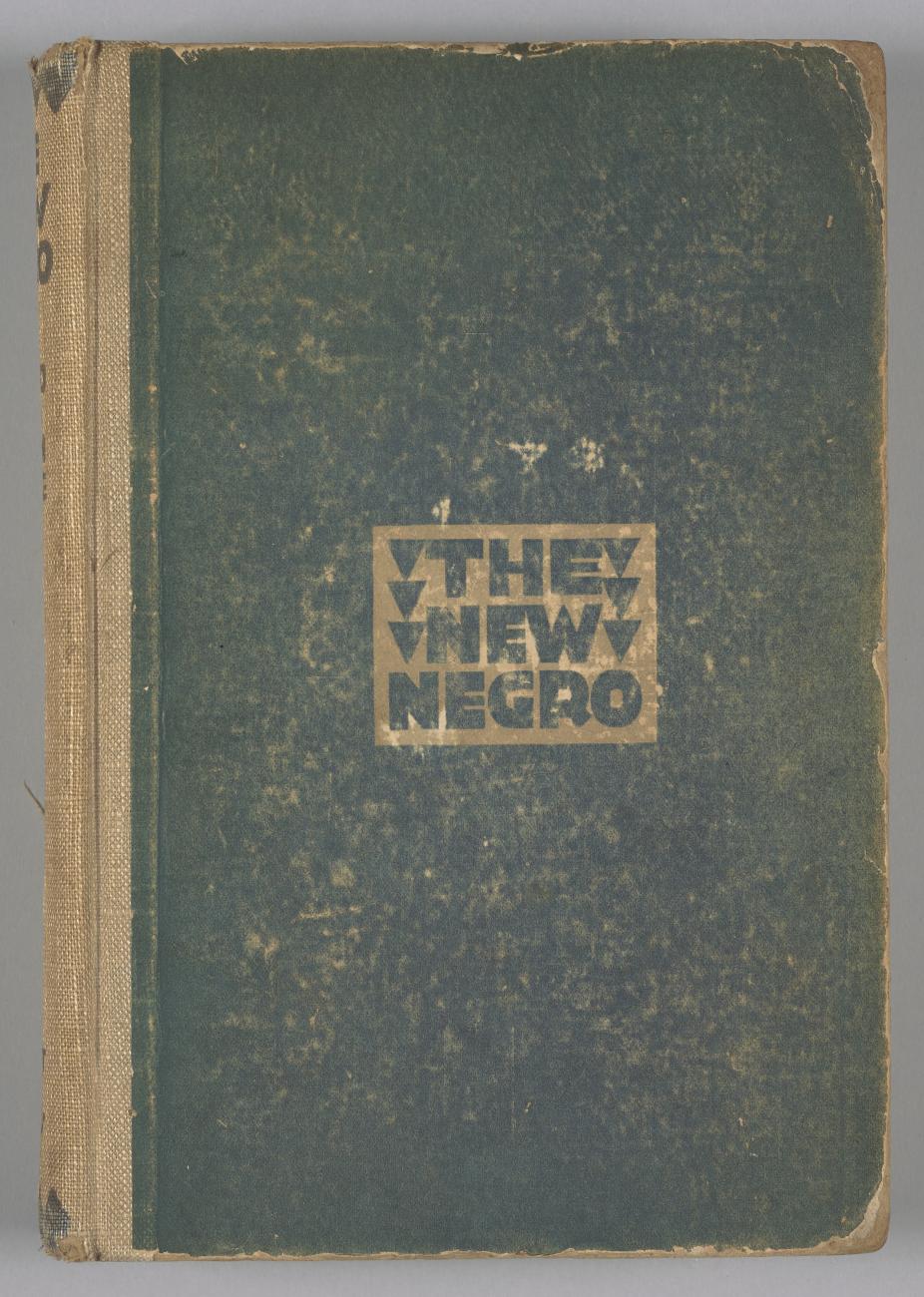Alain Locke, often heralded as the “Father of the Harlem Renaissance,” was a pivotal figure in the evolution of African American identity and thought during the early 20th century. His contributions laid the groundwork for a more profound understanding of civil rights, serving as an incipient force in the overarching narrative of the Civil Rights Movement. This article explores how Locke’s Bahá’í-inspired philosophy and profound insights into race, culture, and identity not only informed his thought but also catalyzed the broader civil rights discourse.
At the core of Locke’s philosophy lies the notion of pluralism, an idea that embraces diversity yet fosters unity. Locke’s Bahá’í faith anticipated a world in which humanity transcends divisions of race, religion, and nationality. In a time when racial segregation was systemically entrenched, Locke championed the idea that recognition of varied cultural contributions would foster a sense of belonging and equity among disparate communities. He believed that African Americans should not only assert their rights but also celebrate their unique cultural heritage as part of the American mosaic.
Locke’s seminal work, “The New Negro,” encapsulated his vision of an empowered African American identity. In it, he articulated a departure from the stereotypical portrayals of African Americans prevalent in popular culture. Instead, Locke called for a reclamation of agency, urging African Americans to present themselves on their own terms. This paradigm shift was monumental; it laid the psychological and ideological foundation for subsequent civil rights activism, culminating in a demand for equality and justice. His insistence on self-definition resonated deeply within the emerging consciousness of African Americans during the Harlem Renaissance.
Moreover, the concept of race as a sociocultural construct was a persistent theme in Locke’s writings. He posited that race should not be an impediment to progress but rather a facet of one’s identity that can contribute to societal enrichment. This notion aligns with Bahá’í teachings, which espouse that all humanity is interconnected, and diversity should be celebrated as an essential aspect of civilization. By framing race as a construct shaped by societal perceptions, Locke encouraged African Americans to dismantle the internalized racism that constrained their potential. His ideas were both radical and progressive, foreshadowing the arguments that would later take center stage in the civil rights discourse.
Locke’s role within the context of the Harlem Renaissance encompassed not just the promotion of African American arts and literature but also the intellectual groundwork for a broader cultural reclamation. He understood that art and literature were vehicles for social change. In encouraging Black artists and intellectuals to explore their heritage while engaging with contemporary societal issues, Locke created a fertile ground for burgeoning civil rights activism. The Renaissance movement served as a nexus for future civil rights leaders, who would invoke these ideas as they fought for legal and social reforms.
In addition, Locke’s philosophical underpinnings pointed toward the importance of education and cultural literacy in the empowerment of African Americans. He believed that through education, individuals could transcend societal limitations and develop a comprehensive understanding of their rights. Education, to Locke, was a preparatory ground for active participation in society, vital for confronting the systemic injustices prevalent in American culture. By advocating for educational reform, he posited that knowledge itself could be a formidable weapon against oppression, reflecting the Bahá’í emphasis on universal education as a means to uplift all humanity.
Locke’s ideas were not limited to mere abstraction. He actively engaged with contemporary political movements and organizations, providing intellectual support to the National Association for the Advancement of Colored People (NAACP) and other reformist groups. His involvement signified a melding of theory with practice, illustrating the practical implications of his philosophical insights. His writings nurtured a spirit of activism among African Americans, embodying the belief that intellectual engagement must coincide with political action.
Through his engagements and discourses, Locke also grappled with the varying ideologies of his time. He engaged with contemporaries such as W.E.B. Du Bois and Marcus Garvey, contrasting their visions of African American identity and strategy. While Du Bois emphasized the “Talented Tenth” and Garvey called for a back-to-Africa movement, Locke emphasized a strategy of integration, suggesting that African Americans could thrive within the existing societal framework by enriching it with their contributions. His stance illuminated the multifaceted approaches within the civil rights movement, and his commitment to pluralism subsequently inspired the civil rights methodologies that emerged decades later.
The legacy of Alain Locke is indelibly marked by the intersections of race, culture, and justice. His philosophical dichotomy of celebrating diversity while advocating for unity resonates with contemporary civil rights discourse. Locke’s integration of Bahá’í principles into his teachings brings an additional layer of richness to his work, harkening back to the idea that the eradication of prejudice and the promotion of global citizenship are crucial for societal advancement. His writings continue to inspire generations as they seek to reimagine a world where equity and justice prevail over division and discrimination.
Ultimately, Alain Locke’s contributions to the civil rights movement provide a compelling testament to how philosophical inquiry can intersect with societal change. By fostering a discourse that embraces diversity while aspiring for collective unity, Locke’s teachings echo not only in the annals of history but also in the ongoing quest for civil rights and social justice in contemporary society.
